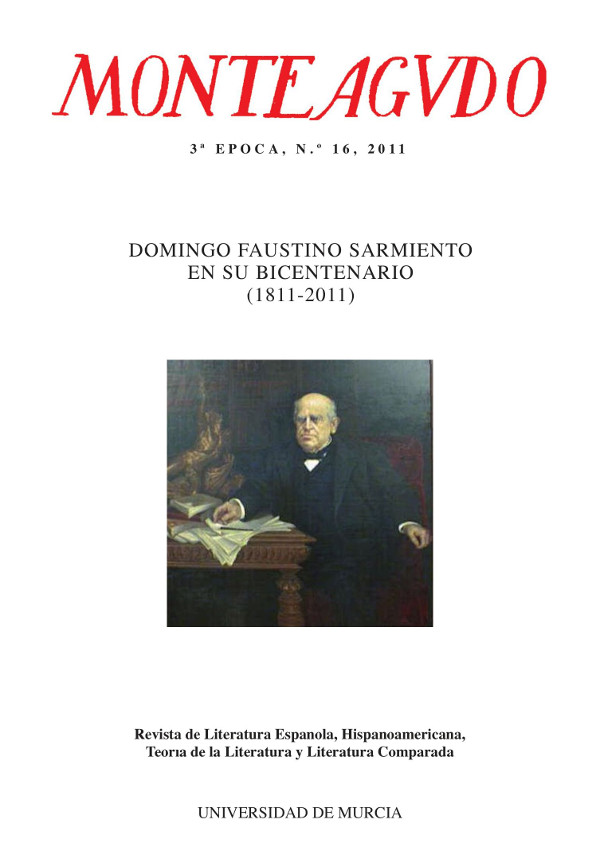Una biografía inmoral: La vida de Aldao
Abstract
The documental value of the constructions of self-representation in Hispano-American culture of XIXth century has a peculiar glide between autobiographical and biographical styles in Sarmiento’s texts. The flow from the writing of his own life (Mi defensa, 1843 and Viajes, 1849) to the writing of the life of other people (Aldao and Facundo, both in 1845) seems to reach its climax in Recuerdos de provincia, an amazing conjunction of biography and auto-biography. When Sarmiento writes Facundo Quiroga’s life, not only he achieves his purpose but he can also give name to his point of view when he wrote the biography of Aldao and then the biography of Chacho. He calls it immoral biographies and he probably imagines them like the opposite way to the virtuous biographies of Abraham Lincoln, Horace Mann, San Martín, Dominguito, among others. By his gesture, Juan Bautista Alberdi nominates him “el Plutarco de los bandidos”.Downloads
Download data is not yet available.
Metrics
Views/Downloads
-
Abstract640
-
PDF (Español (España))327
Manzoni, C. (2011). Una biografía inmoral: La vida de Aldao. Monteagudo. Revista De Literatura Española, Hispanoamericana Y Teoría De La Literatura, (16), 127–142. Retrieved from https://revistas.um.es/monteagudo/article/view/231201
Artículos
The works published in this journal are subject to the following terms:
- The Publications Service of the University of Murcia (the publisher) retains the property rights (copyright) of the published works, and encourages and allows their reuse under the license of use indicated in point 2.
© Publications Service, University of Murcia, 2011
- The works are published in the electronic edition of the journal under a Creative Commons Attribution-NonCommercial-NoDerivatives 3.0 Spain license (legal text). They may be copied, used, distributed, transmitted and publicly displayed, provided that: i) the authorship and the original source of their publication (journal, publisher and URL of the work) are cited; ii) they are not used for commercial purposes; iii) the existence and specifications of this license of use are mentioned.







